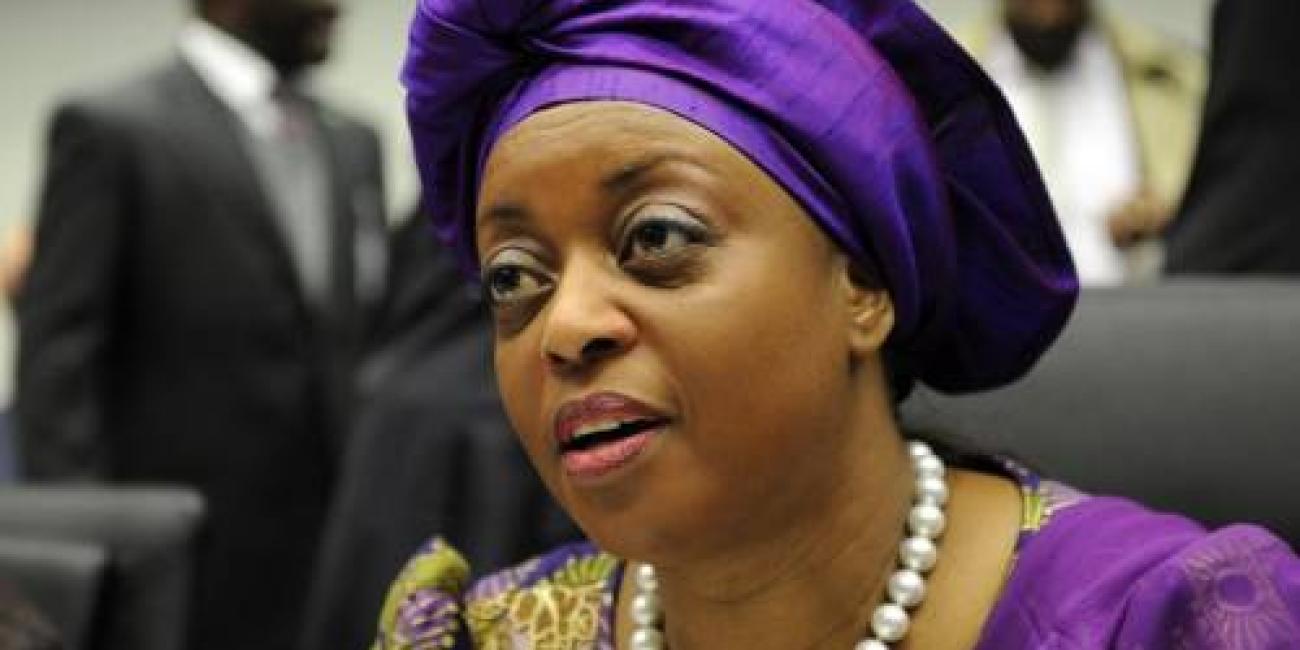News
BREAKING: EFCC to extradite Diezani back home over money laundering, obtains arrest warrant

The former Minister of Petroleum Resources, Diezani Alison-Madueke is set to be brought back to Nigeria, any moment from now as the Economic and Financial Crimes Commission has obtained an arrest warrant to that effect.
The extradition of Diezani from the United Kingdom back to Nigeria if for her to face the 13-count charges bordering on money laundering levelled against her by the anti-graft agency.

CAPITAL POST reports that Diezani fled the country immediately the former President Goodluck Ebele Jonathan lost return election in 2015 to former President Muhammadu Buhari. She has since been hiding in the UK.
The EFCC said, the money laundering charges for which Alison-Madueke is facing cover jurisdictions in Dubai – the United Arab Emirates, the United Kingdom, the United States of America, and Nigeria.
Earlier on Monday, the former Minister was granted bail to the tune of £70,000 by the Westminster Magistrates Court in London over an alleged £100,000 bribe.
The district judge, Michael Snow, granted Alison-Madueke a £70,000 bail and further imposed other terms on the former minister including an 11 pm to 6 am curfew, an electronic tag to be worn by her at all times and a £70,000 surety to be paid before she could leave the court building.
She was being tried by the Court for allegedly accepting bribe in return for awarding multi-million-pound oil and gas contracts.
The UK’s National Crime Agency said it suspected Alison-Madueke had accepted bribe, which was revealed through inter-agency collaboration between the EFCC and the UK’s NCA.
In March 2023, the NCA also provided evidence to the US Department of Justice that enabled them to recover assets totalling USD $53.1 million linked to Diezani’s alleged corruption.
Head of the NCA’s international corruption unit, Andy Kelly, said the “charges are a milestone in what has been a thorough and complex international investigation. Bribery is a pervasive form of corruption, which enables serious criminality and can have devastating consequences for developing countries. We will continue to work with partners here and overseas to tackle the threat.”























